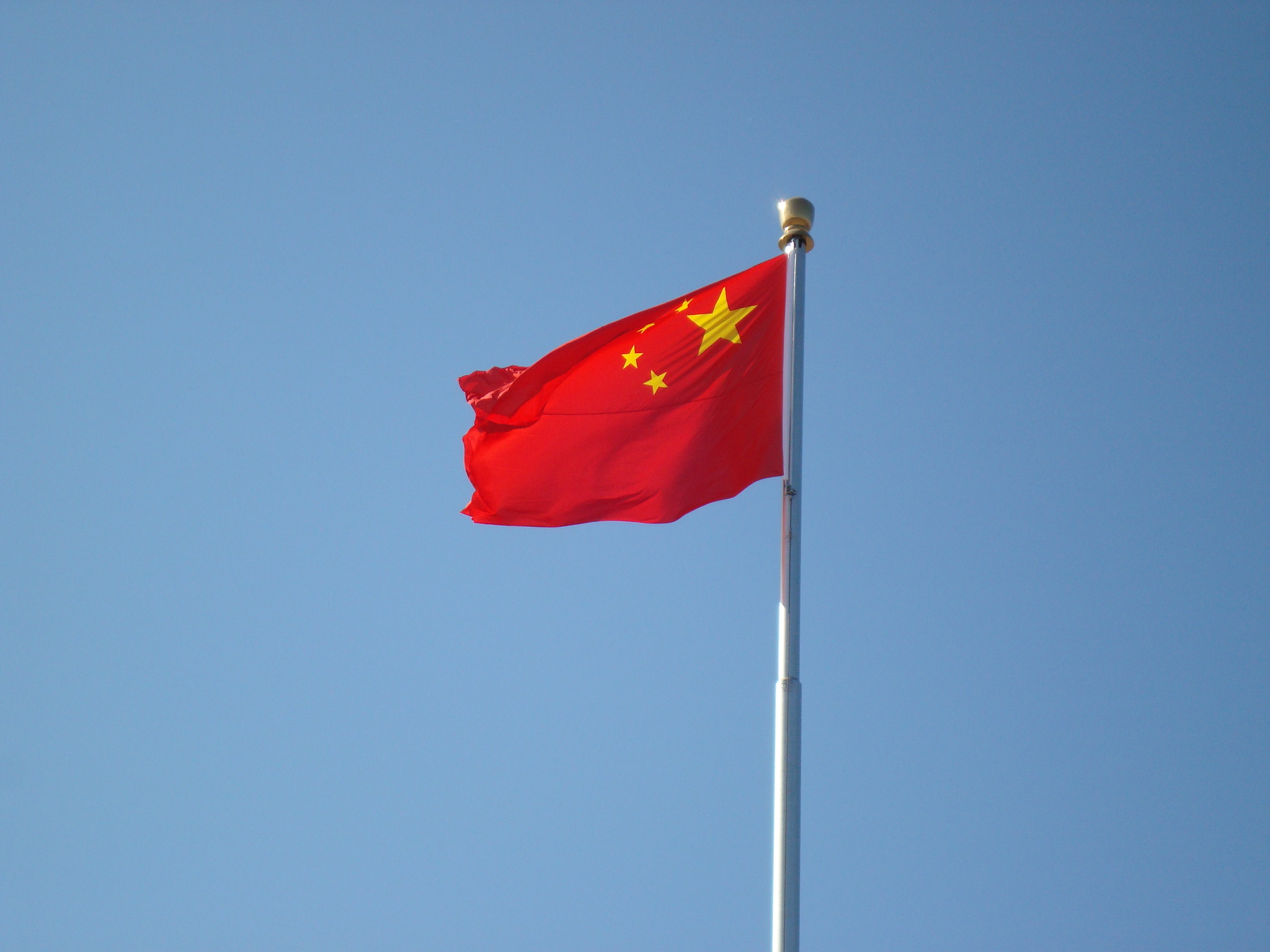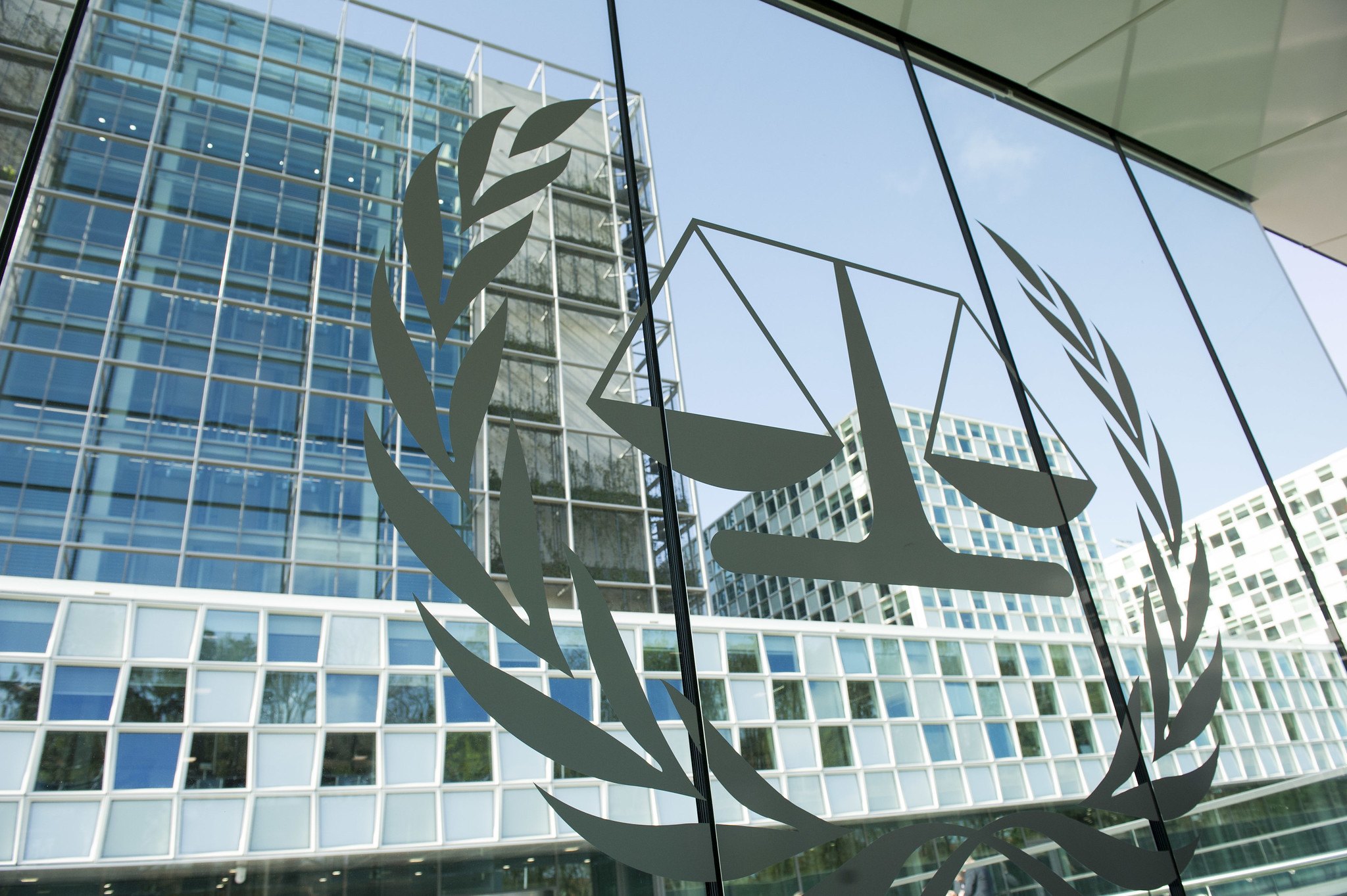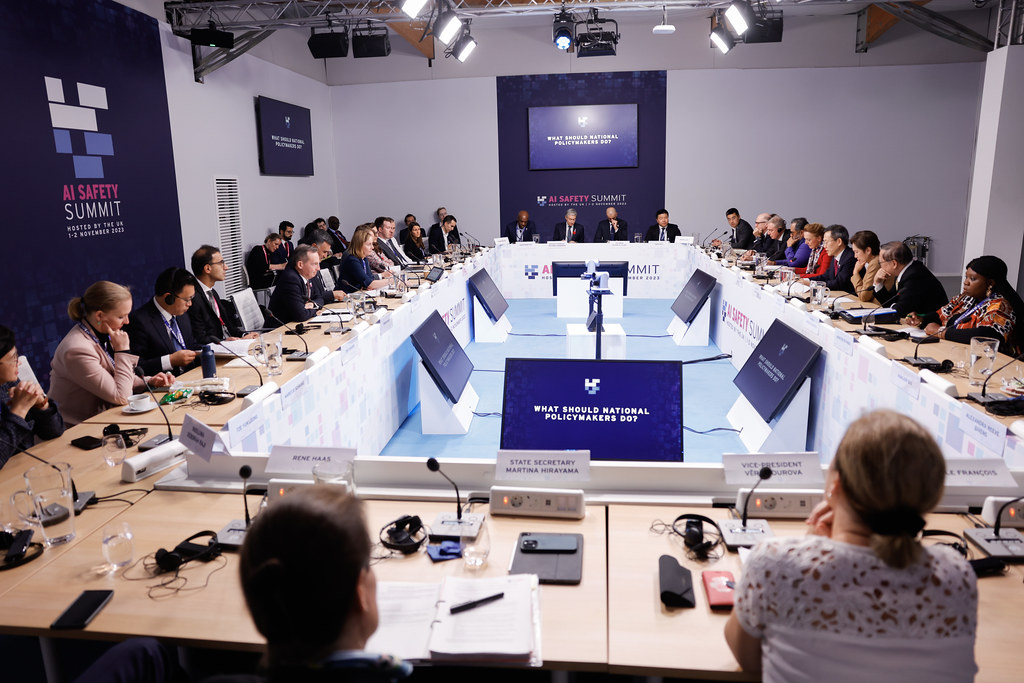China Considers Ban on Overseas Tech IPOs
Lawfare’s biweekly roundup of U.S.-China technology policy and national security news.

Published by The Lawfare Institute
in Cooperation With

On Aug. 27, the Wall Street Journal reported that China’s Securities Regulatory Commission is considering a ban on overseas initial public offerings (IPOs) for Chinese tech firms that possess large quantities of consumer data. (Pharmaceuticals would likely be exempt.) If there’s not a total ban, new cross-ministry approval procedures for foreign IPOs are likely to be implemented. Meanwhile, on Sept. 2, China announced its intention to establish a Beijing Stock Exchange to “support the innovation and development of small and medium-sized enterprises.”
In the near term, all Chinese tech companies seeking to go public outside of China will have to comply with Chinese regulations relating to personal data and “critical information infrastructure”—one facet of China’s expansive conception of national security. One report suggests that companies involved in “ideology issues” may also be prevented from trading publicly. Chinese companies currently using the variable interest entity structure to attract foreign capital without triggering regulatory supervision would also be subject to the formal approval procedures.
A month before China published its new requirements, the U.S. Securities and Exchange Commission (SEC) announced that it will require additional disclosures, particularly regarding political and regulatory risks, from Chinese companies. China has historically prevented Chinese companies from submitting to SEC audits ahead of public offerings, frustrating U.S. regulators.
Even without a ban, the Chinese approval procedures and U.S. disclosure requirements are likely to significantly slow American investment in Chinese tech companies.
China Tightens Restrictions on Video Games for Minors
On Aug. 31, China’s National Press and Publication Administration issued new, stricter limits on how much time per week Chinese minors can spend playing online video games. Under previous regulations issued in 2019, children were limited to 90 minutes of play each weeknight and three hours on weekends. Now, as Beijing has grown increasingly concerned about what it views as an epidemic of gaming addiction, children will be limited to three hours of gaming at fixed times each week, from 8 p.m to 9 p.m on Fridays, Saturdays, and Sundays.
Huge proportions of the Chinese populace are regular online game players. Nearly two-thirds of Chinese minors with internet access, a population of about 114 million, report frequent online game playing. Video games are also popular among adults, with nine out of 10 Chinese between the ages of 25 and 35 reporting some video game playing. In total, China is home to 720 million gamers, nearly half its population, and a $43 billion video game market.
According to Chinese state-run news agency Xinhua, the new regulations are intended to “protect the physical and mental health of minors.” Reforms of childrens’ gaming habits can be linked to other recent policy changes that, according to Chinese policymakers, attempt to reduce the burden and anxiety of China’s intense education system on students by cracking down on private education technology companies. Many commentators believe the recent ed-tech crackdown is also an attempt to alleviate some of the social inequality rampant in China’s education system and drive up falling birth rates by lowering the perceived costs of educating children.
Although the larger ed-tech crackdown has had significant financial repercussions, analysts believe the recent restrictions on video games will have minimal impact on Chinese game companies’ bottom lines. The regulated games are mostly free online games that are monetized chiefly through in-game purchases. Due to existing regulations on minors, only a tiny percentage of game company revenues come from in-game purchases by minors.
But the restrictions are at odds with China’s stated goal of remaining a key player in the emerging esports industry. In 2020, China was the world’s largest esports market, boasting revenue of $15.5 billion. However, the new restrictions prevent Chinese youth from training for or entering esports tournaments. But at the same time the restrictions have gone into effect, officials at both local and national levels are continuing to invest in esports infrastructure. Beijing officials have doled out millions of dollars in grants to esports tournaments and teams, and Shanghai officials recently spent $898 million to build an esports arena.
Although the gaming limits apply only to minors, some commentators have speculated that the current limits could stunt the long-term growth of China’s video game industry as current cohorts of Chinese children approach adulthood.
China Releases Draft Regulations on Algorithms
The Cyberspace Administration of China, the Chinese cybersecurity regulator, on Aug.27 released draft regulations for “recommendation algorithms.” Algorithms of this type prioritize content to meet consumers’ expected desires; they have fueled growth in online shopping and video streaming platforms. The draft regulations forbid algorithms that addict users to a service or push them to overspend. They also reiterate the illegality of price discrimination based on user profiles, which was targeted in the State Administration for Market Regulation’s draft rules published earlier this summer. Furthermore, China’s biggest tech companies will now be required to provide users with the ability to opt out of recommendation algorithms.
The regulations are said to be a “global first” in algorithm regulation; no other major country has forced tech companies to alter their recommendations and rankings of content. Kendra Schaefer of Trivium China tweeted: “[T]his policy marks the moment that China’s tech regulation is not simply keeping pace with data regulations in the EU, but has gone beyond them.”
Privacy issues surrounding consumer data and price discrimination, as well as rising levels of consumer debt, have conspired to aim regulators’ focus on China’s biggest companies in e-commerce, online entertainment and delivery services. ByteDance, Alibaba, Tencent, and Didi, whose businesses are rooted in the success of their algorithms, are among the companies expected to take a hit. ByteDance is downsizing its financial services unit and selling its stock brokerage; Alibaba, whose share price hit $317 in October 2020, traded at $159 on the day the draft regulations were released. Tencent stock has also suffered this summer.
The draft guidelines suggest that Chinese regulators will inspect the code that makes up these proprietary algorithms. The extent of regulators’ insight into the code remains to be seen. Some commentators doubt regulators’ ability to review lines of code and thereby accurately assess their ultimate role in an algorithm, not to mention evaluate the entire algorithm’s ability to “uphold mainstream values.”
Public comment on the guidelines will be open until Sept. 26.
Other News
Seeking to Please Xi, Tencent and Alibaba Make Pledges to “Common Prosperity”
On Sept. 2, Alibaba pledged more than $15 billion to assist Beijing in achieving “common prosperity,” which has been a central theme in President Xi Jinping’s appearances this summer. Alibaba’s announcement follows Pinduoduo’s and Geely Automobile’s pledges, as well as Tencent’s “allocation” of $15 billion to social responsibility programs. Individual tech CEOs and founders have also promised money to advance “rural revitalization” and lessen inequality.
Some commentators believe the pledges are driven less by enthusiasm for poverty alleviation and more by a desire among tech leaders to get back in the party-state’s good graces. The pledges came one day after Xi made “common prosperity” a key social and economic goal for the country.
How exactly the government will spend these billions is as yet unknown.
Chinese Tech Companies Respond to Criticism of Employment Practices
The 996 work culture—working from 9 a.m. to 9 p.m., 6 days a week—is technically illegal under Chinese labor laws, but is still common in practice. On Aug. 26, China’s Supreme People’s Court and its labor regulator, the Ministry of Human Resources and Social Security, issued new guidance encouraging employees to take employers to court over the tech sector’s 996 expectations.
Commentators see the new guidance from China’s courts and regulators as proof that employees would fare well in lawsuits against their employers for continuing to incentivize the extreme work hours. In response to these veiled threats from regulators, major companies including Tencent and ByteDance have begun to walk back some of their most oppressive work conditions. ByteDance, TikTok’s parent company, has cut overtime to comply with new labor guidance, but with the effect of reducing workers’ pay by 20 percent.
Other companies have taken steps to show Beijing they value labor rights. Didi Global, China’s ride-hailing giant, and JD.com, a large online retailer, both established company-wide unions this week, becoming the largest tech companies to do so. Organized labor is rare in China (and independent unions outside the state-run All-China Federation of Trade Unions remain illegal), so the moves to establish unions within these companies are most likely an attempt to mollify criticism from the Chinese government and state-run media rather than a sign of a newly independent labor movement.
Meanwhile, Meituan, a Chinese food-delivery giant, is facing down a potential billion-dollar fine from Chinese market regulators over alleged abuse of its market power to maintain a monopoly position. Also criticized for its failure to prioritize the welfare of its drivers, Meituan has promised to purchase injury insurance for drivers and launch other programs to improve driver well-being.
Alibaba and several other Chinese tech companies have adopted more rigorous sexual harassment policies in recent weeks, following a female Alibaba employee’s report of being sexually abused by a supervisor and a client. The employee’s report, later investigated and confirmed by Chinese officials, sparked outrage on Chinese social media against tech companies for their misogynistic policies and lack of support for female employees. On Sept. 5, the company announced a new zero-tolerance policy for sexual harassment and plans to implement regular trainings for all employees.
However, the Chinese Communist Party is wary of any calls for changes to labor policies that originate with activists outside of the state. In July and August, several labor activists were detained by Chinese police and several were given multiyear prison sentences for their organizing.
Commentary
Catherine Wong reports for the South China Morning Post on the failure of U.S.-China climate change negotiations in the weeks ahead of the 26th U.N. Climate Change Conference of the Parties (COP26) in Glasgow.
Matt Pottinger, former deputy national security adviser, opines in Foreign Affairs on “Beijing’s American Hustle.”
Bill Kristol and Aaron Friedberg discuss U.S.-China relations on Kristol’s interview series.
A number of experts write for ChinaFile on the impact of developments in Afghanistan on China. Chan Kung points out in The Diplomat that Afghanistan has been strategically important to Chinese rulers since the Tang dynasty.
Bingqing Yang suggests in The Diplomat that China has developed a nationalist cancel culture.
Dean Cheng of the Heritage Foundation argues in Foreign Policy that U.S. diplomats need not continue to meet with their Chinese counterparts, at least if it is only for the sake of meeting.
Ni Dandan reports for SixthTone on Chinese parents’ attitude toward Beijing’s new three-child policy and the anxiety parents feel over their children’s education, even now that tutoring companies have been curtailed.
Zhang Wanqing explores in SixthTone China’s crackdown on the “morals” of its domestic entertainment industry.
Natasha Lomas covers China’s new Personal Information Protection Law (PIPL), which establishes many of the same rights and requirements as the EU’s General Data Protection Regulation. China’s PIPL was passed on Aug. 20 and goes into effect on Nov. 1.
Timothy McLaughlin writes for The Atlantic on why China’s comparisons of U.S. failures in Afghanistan to the U.S.-Taiwan relationship are inapt and mask deeper Chinese insecurities.






